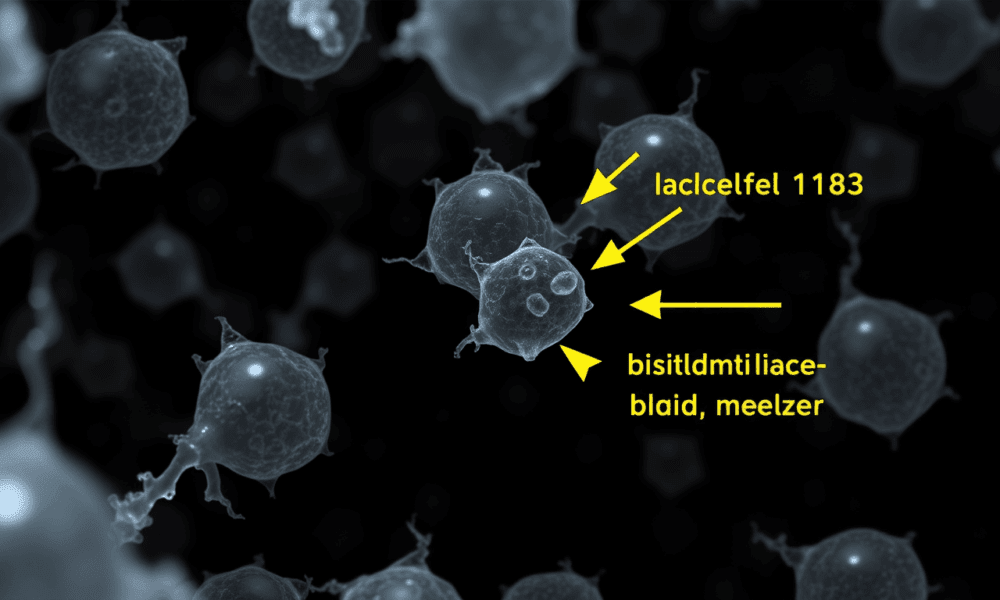
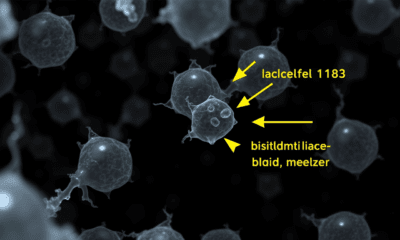

Researchers at the Salk Institute have used CRISPR to uncover hidden microproteins that control fat cell growth and lipid storage, identifying one confirmed target, Adipocyte-smORF-1183. This...



In an exciting breakthrough, researchers have identified cancer drugs that might reverse the effects of Alzheimer's disease in the brain. By analyzing gene expression in brain...



A new study reveals that swapping a typical nighttime carbohydrate snack for pistachios may beneficially alter gut bacteria in people with prediabetes. Conducted by Penn State...

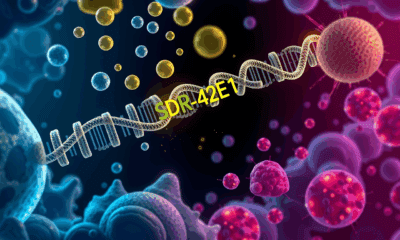

A gene called SDR42E1 has been identified as a key player in how our bodies absorb and process vitamin D. Researchers found that disabling this gene...
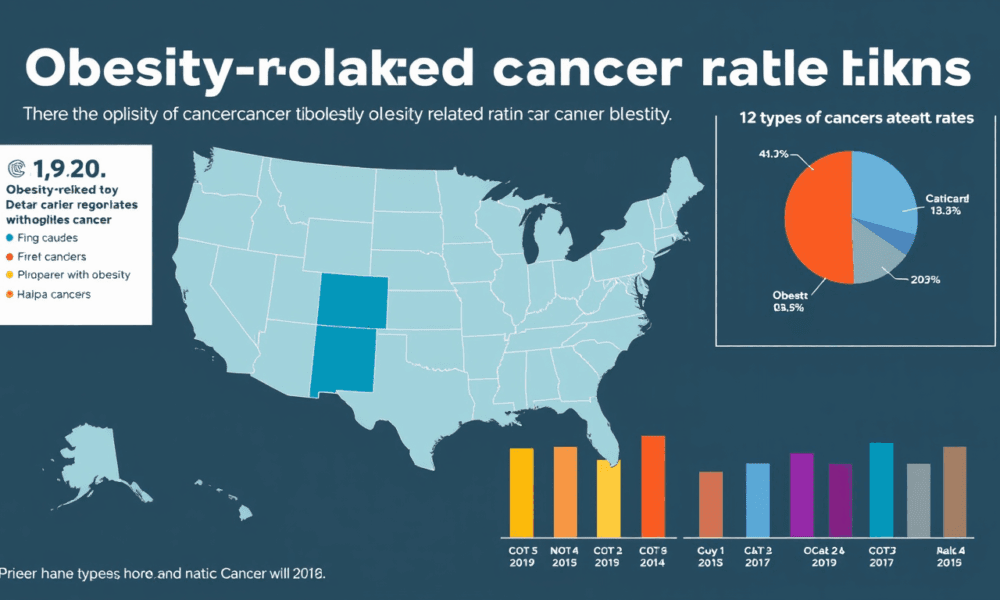
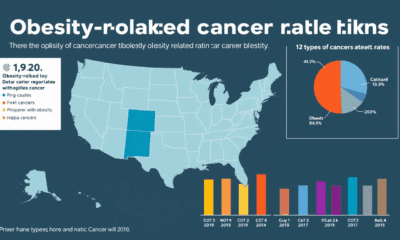

Obesity-related cancer deaths in the U.S. have tripled in just two decades, with women, older adults, and minority groups most affected. New research presented at ENDO...

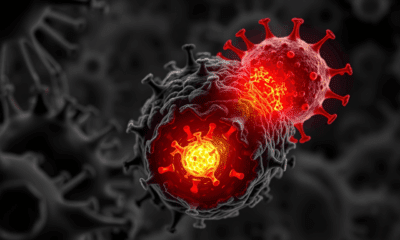

Scientists at UC Davis discovered a small genetic difference that could explain why humans are more prone to certain cancers than our primate cousins. The change...



Rutgers scientists have uncovered a tug-of-war inside the brain between hunger and satiety, revealing two newly mapped neural circuits that battle over when to eat and...



Sea cucumbers, long known for cleaning the ocean floor, may also harbor a powerful cancer-fighting secret. Scientists discovered a unique sugar in these marine creatures that...

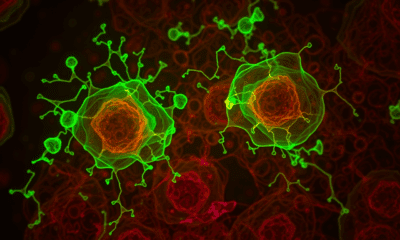

Scientists in Japan have discovered that a natural compound found in a type of ginger called kencur can throw cancer cells into disarray by disrupting how...



A breakthrough study from Keck Medicine of USC may have found a powerful new triple therapy for glioblastoma, one of the deadliest brain cancers. By combining...